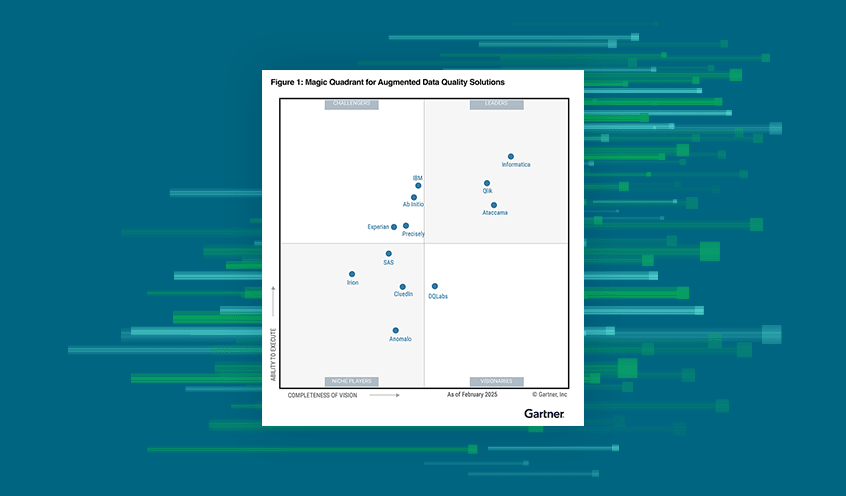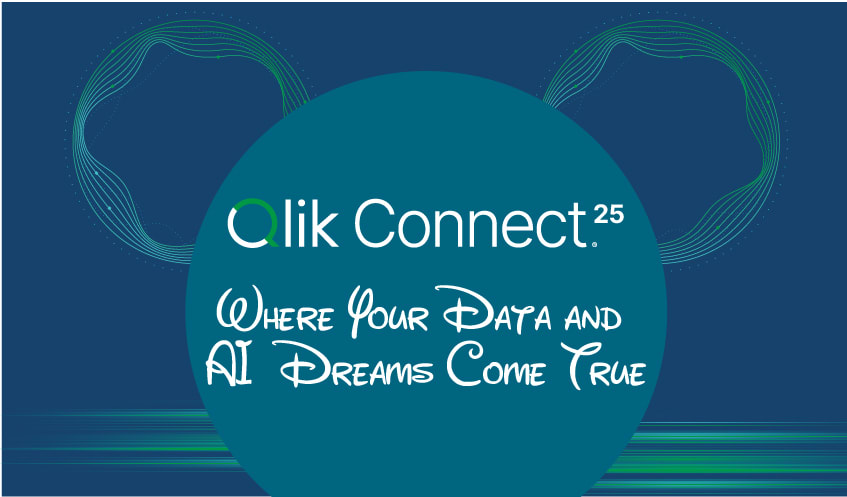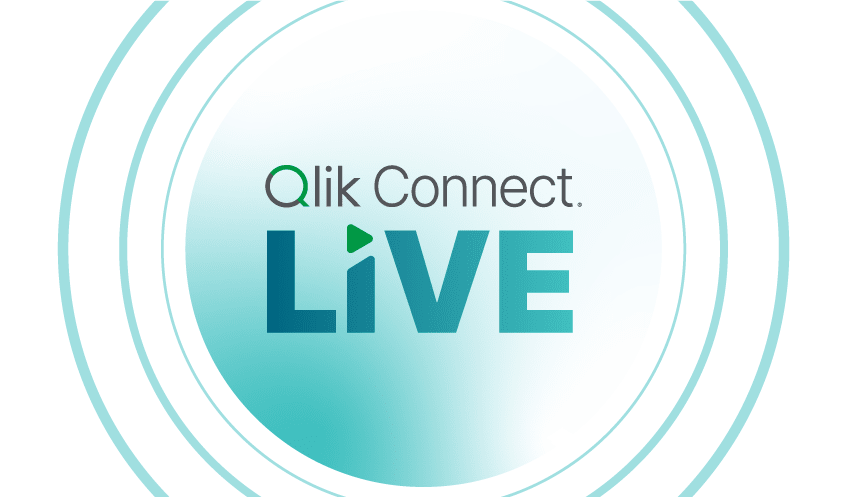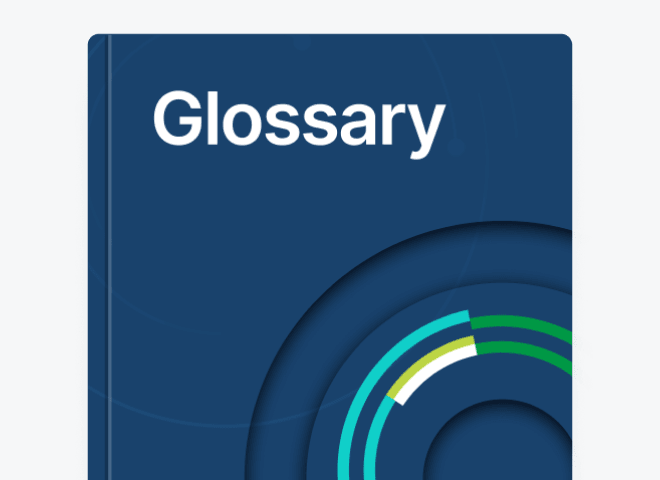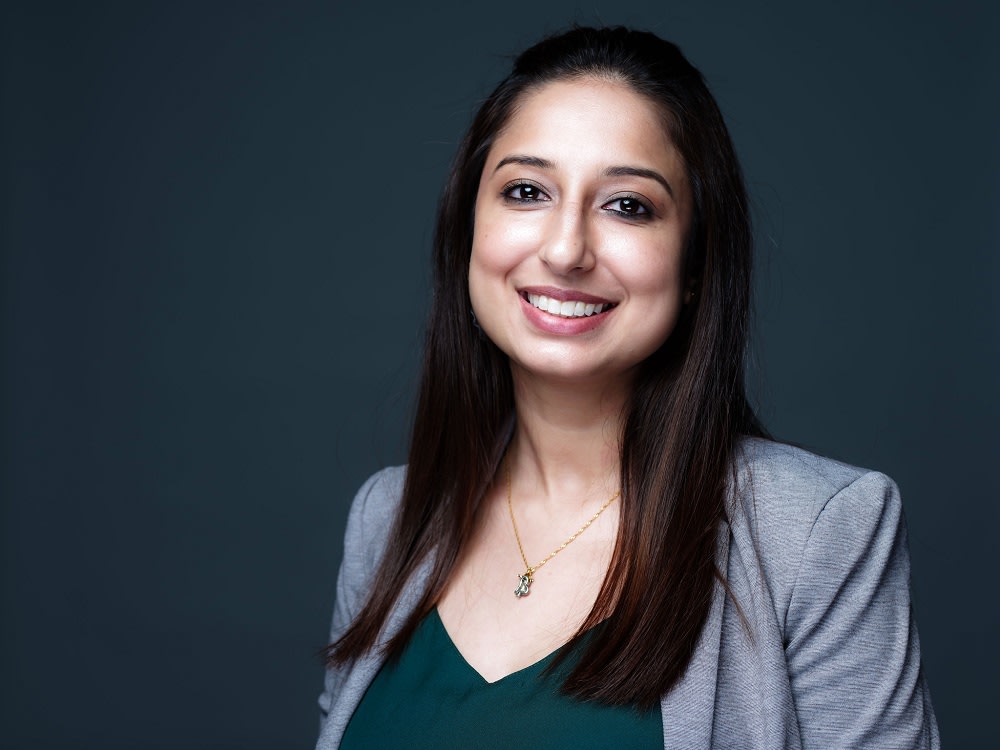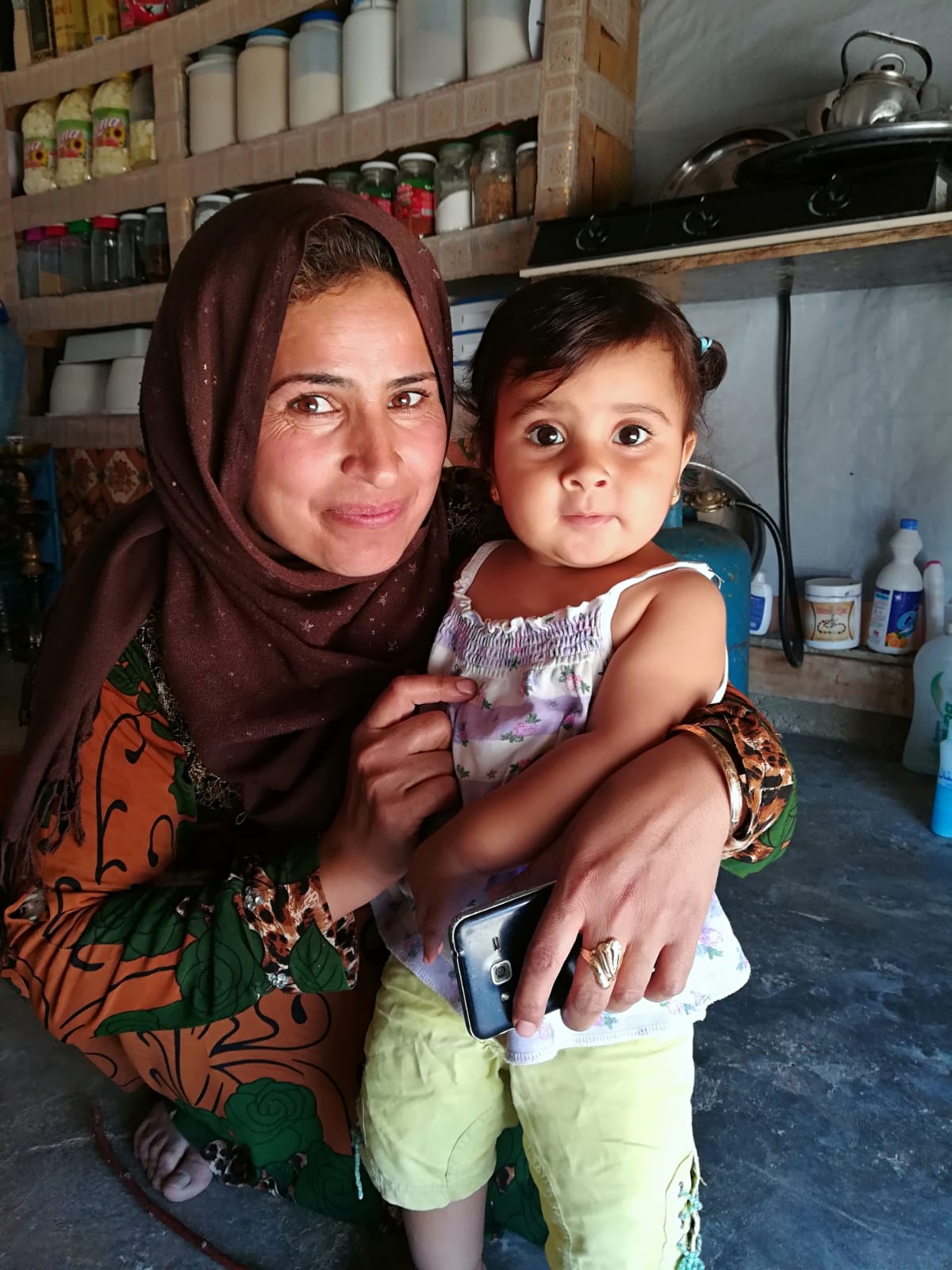In August 2018, eight of us from Qlik were lucky enough to be selected to go to Lebanon to see first-hand the fantastic work that Medair is doing in the Middle East. During the one week we were there, we got to observe, learn, share and discuss how analytics is helping and can continue to help in a BIG way when it comes to conducting assessments and disbursing aid. In fact, by using data analytics, response time has improved immensely - once a problem has been identified, they can get the aid to the refugees within a week. A far cry from the three weeks it used to take.
More than 361,000 refugees have sought shelter in Lebanon’s Bekaa Valley, many of them living in tent settlements on rented farmland. With the crisis in its seventh year, the level of funding available to support Syrian refugees is shrinking. These families need safe and warm places to live, they need health care, education, safe drinking water, sanitation, and food. Most of them are simply trying to survive until there is peace and they can return home.
– Medair
Medair provides help to the Syrian refugees in four main ways:
Safe places to live
Healthcare
Water, sanitation & hygiene
Mapping
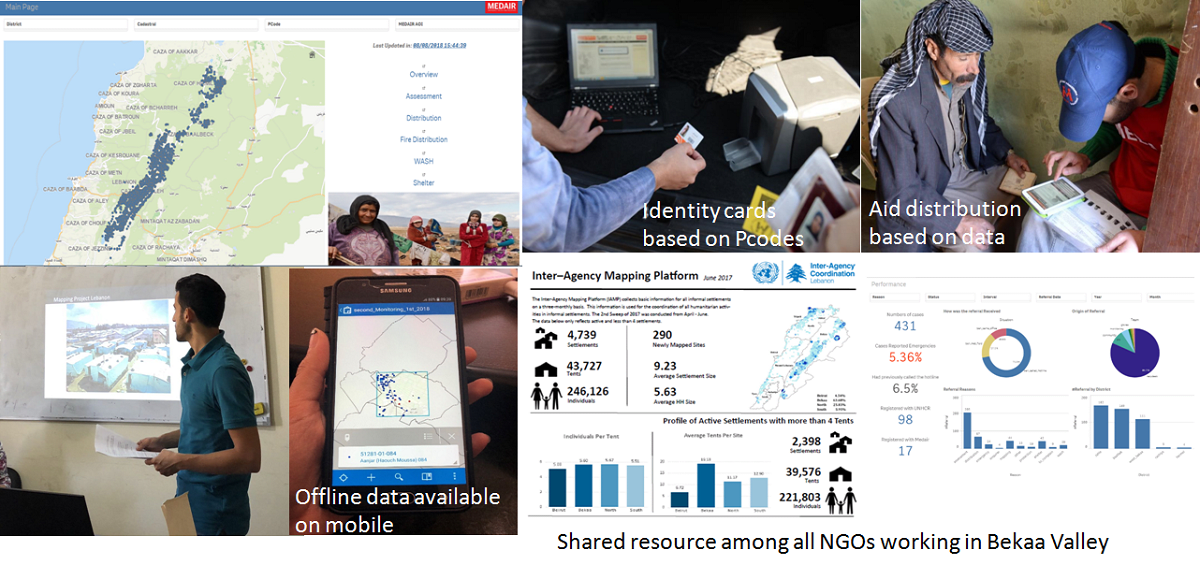
Onsite 1: Distributing shelter kits
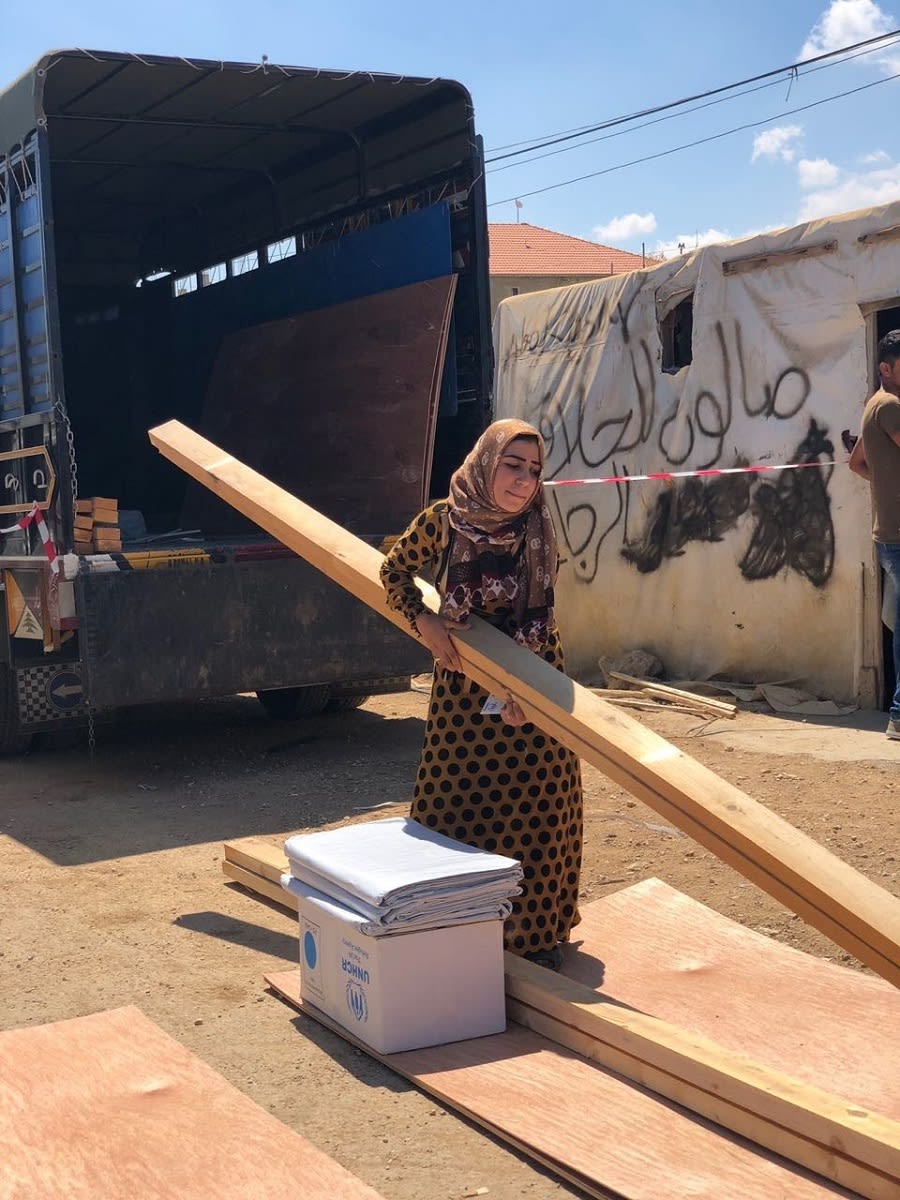

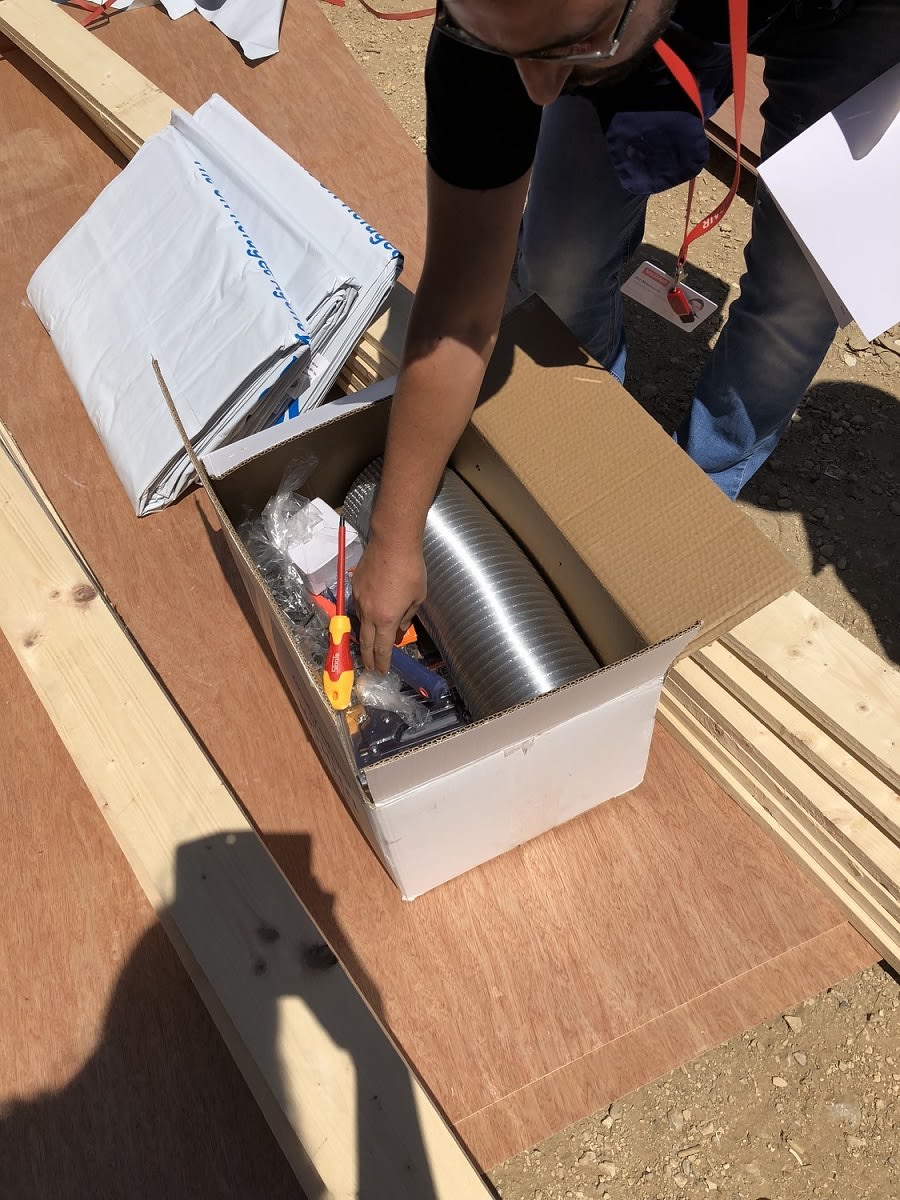
Medair provides families with new-arrival shelter kits, repair kits for existing shelters, and specialized shelter interventions for the elderly and disabled. They also work to improve the living conditions and safety of the settlements through site improvements and fire prevention, and improve living conditions where refugees are renting rooms in substandard or unfinished buildings. Why is this important?
Due to the harsh weather conditions in the valley, it's important that the people have shelters that can keep them away from the unbearable heat during the day, as well as warm and dry when it rains or when the weather gets cold. This is critical because not having shelter means people get sick more quickly and they generally have a poorer quality of life.
Imagine sitting outside in a thunderstorm with your family, much like the kind we had in Singapore last week, with no way to keep yourself dry or warm, and with nowhere to go. Imagine that this wasn't just a situation you were in for a day – instead it was your life going forward.
While we were there, we went onsite to some of the informal settlements to distribute shelter kits. As the crisis has been on-going for a few years now, most of the kits are repair kits for existing shelters rather than new-arrival shelter kits. These repair kits come with everything they need to fix a roof or reinforce a part of the structure that has broken. Once they get the kits, they do the repairs or builds on their own.
Onsite 2: Protection case visit
What I loved about the way the Medair field team worked, is how de-siloed they are and their ability to integrate the services they offer. For example, we had a case tagged to "specialized shelter interventions for the elderly and disabled" but the team could connect other NGOs to provide more robust support for the family we met.
For example, this mother of 6 fell from a ladder 4 months ago, and is unable to move anything from the waist down..
Medair’s Case Management Team got on the case to build a shelter for her in a new area that she could come to as soon as she got out of the hospital, along with support rails so she could move around and out of the house as well as a toilet that would suit her situation. Meanwhile, they also arranged for another agency to provide her with a bed, wheelchair, walker and some physiotherapy – thus ensuring the support she received was more complete.
Her kids are between the ages of 5-16, and help around the house with cooking and the two older ones go to the fields to harvest fruits for an hourly salary.
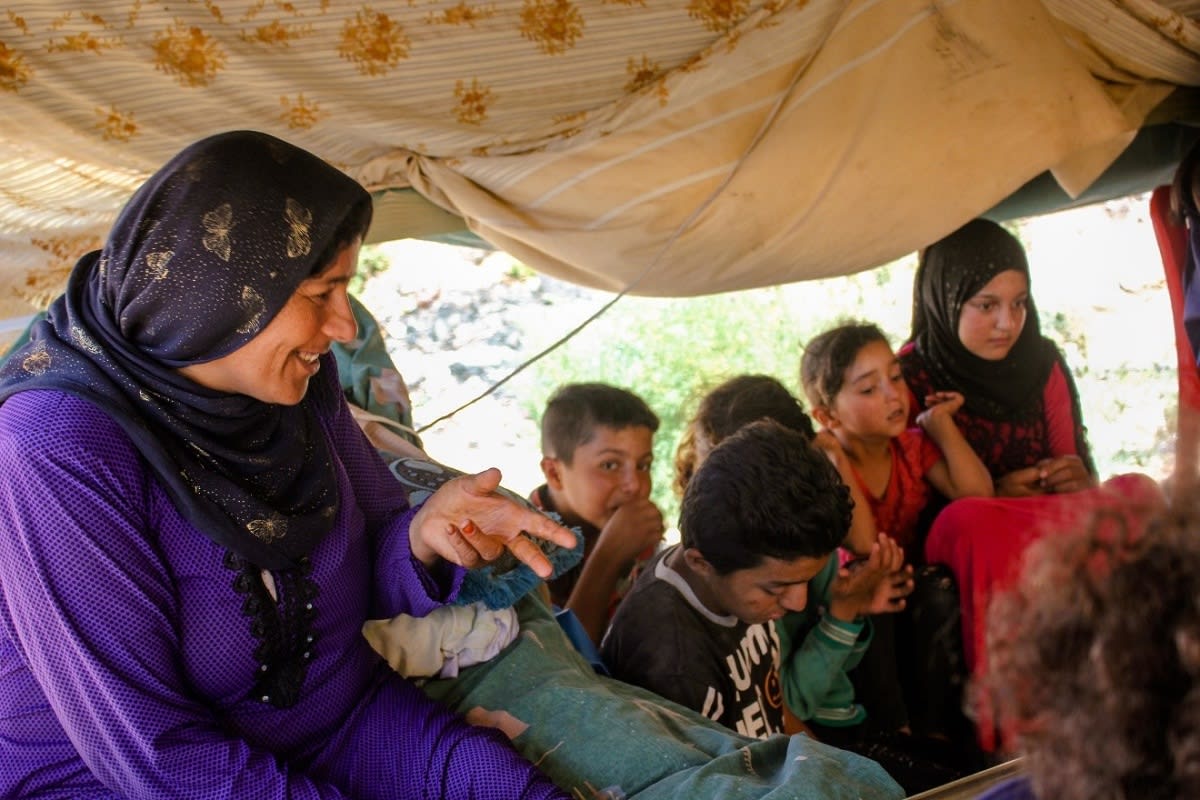
Despite her circumstance, she was so positive throughout the interaction and said, “I laugh and smile and joke to remind my kids that no matter what happens, to keep going.”
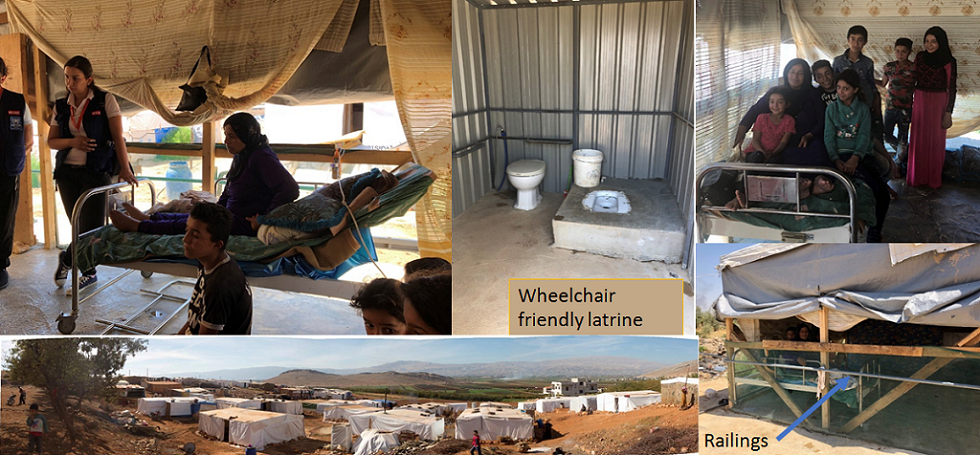
Onsite 3: Clinics and medical aid
Towards the end of the week, we got to spend time with Medair’s medical teams in their service of Syrian refugees and vulnerable Lebanese people at Bekaa Valley.
Started in 2014, Medair now supports clinics at 7 social development centers within Bekaa. Their involvement includes:
Providing structural improvements to the building
Providing essential equipment required at the clinic (e.g. ultrasound machines)
Providing a ready stock of consumables i.e. medicines
Training and upskilling existing medical staff to be able to deal with a wider range of issues
The day we visited was vaccination day at the clinic, so over 50 babies and toddlers were getting their jabs against measles, Hepatitis B, IPV, etc. The hygiene, speed and professionalism of the medical staff there was very impressive.
What was interesting was that they also have psychology services within the center. We found out that many adults and children have depression and anxiety. This could be due to what they went through at home in Syria, tragedy and loss of loved ones during the crisis or even stressors from their current living environment. Despite the availability of the service, there is still a stigma for people to use them. That being said, things are changing slowly and they have gained traction within the community recently.
Although anyone can come to the clinic for psychological services, currently the majority of patients are women and children. This is despite the fact that men also battle with what they have seen or experienced. We learned that there have been cases of men becoming aggressive or violent within the family in some scenarios because they are unable to get jobs and thus feel like they lose their position as a father and provider. Aggression then allows them to keep that power within the family.
For any service in the clinic (seeing the doctor, seeing the gynecologist, immunization for kids, psychological consultation, etc.) everyone was registered and it was great to see how organized and efficient the clinic was.'
Onsite 4: Time with the midwives
Our final field visit allowed us to spend time with the midwives, who work closely with Community Health Volunteers to identify pregnant women in need of prenatal services and new mothers with their infants in need of postnatal visits.
These amazing ladies go into the settlements and set-up a makeshift area where they consult and care for pregnant women, new mothers and their babies. For pregnant women, this may include doing a basic heartbeat scan of the baby and checking the overall health of the mother. For new mothers, this includes checking the health of the baby as well as providing tips on breastfeeding, nutrition and hygiene. Women or babies who need extra care also provide referrals to the clinic.
How you can help
Donate.
Or find out more.
A mother’s strength: https://www.medair.org/stories/a-mothers-strength/
Enhancing humanitarian aid effectiveness with analytics: https://upshotstories.com/stories/enhancing-humani...
Or spread the word to allow Medair to do the amazing work they do:
If you choose to donate, no amount is too small or too large and every bit counts. The great thing is that if you donate now, Qlik is matching your donation 1:1 so your contribution will be worth twice as much.
Source: https://www.medair.org/wp-content/uploads/2018/05/...
Our own @urbansanity_ highlights her experience working with @MedairInt to help support refugees affected by the Syria Crisis.
In this article:
Corporate Responsibility













